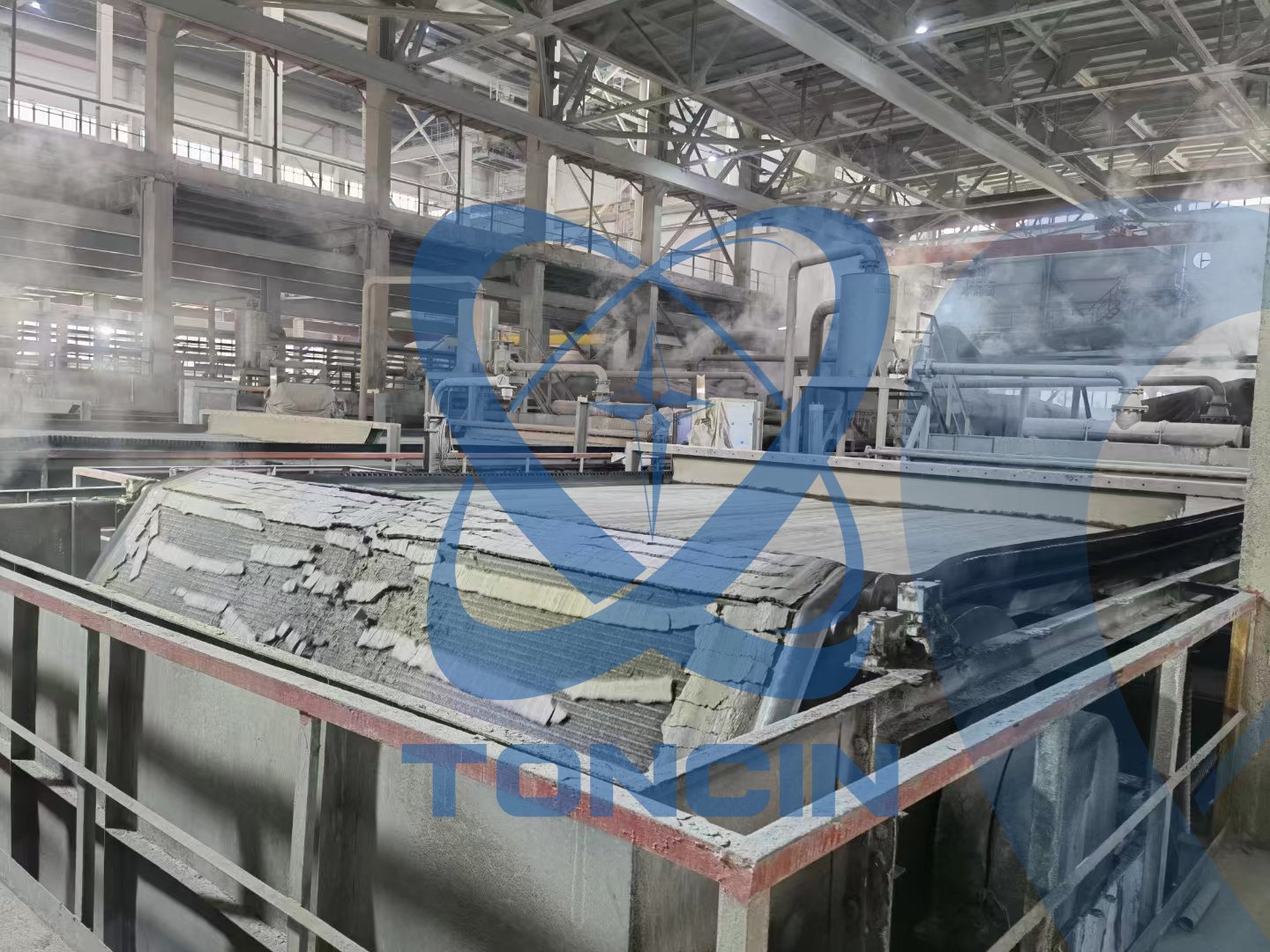
Rubber belt filters are a type of filtration equipment commonly used in various industrial applications, including mining, food processing, and wastewater treatment. These filters are designed to separate solids from liquids, providing a continuous and efficient filtration process. However, the performance of rubber belt filters can vary depending on the specific material being processed.
In this article, we will explore the factors that affect the performance of rubber belt filters when processing different materials. We will also discuss how to optimize the performance of these filters for specific materials and applications.
What is a rubber belt filter?
Rubber belt filters are a type of continuous filtration equipment that use a moving rubber belt to separate solids from liquids. The belt is typically made of a durable rubber material that can withstand the harsh conditions of industrial applications. The filter works by passing a slurry of solids and liquids through the moving belt, which is then washed with a liquid to remove any remaining solids.
Rubber belt filters are commonly used in applications where a high degree of separation is required, such as in the mining industry to separate ore from waste material. They are also used in the food processing industry to separate solids from liquids, such as in the production of fruit juices or vegetable oils.
Factors affecting performance
The performance of rubber belt filters can vary depending on several factors, including the type of material being processed, the size and shape of the solids, the viscosity of the liquid, and the operating conditions of the filter.
One of the main factors that affect the performance of rubber belt filters is the type of material being processed. Different materials have different physical properties, such as particle size, shape, and density, which can affect how well they are separated by the filter. For example, materials with a high density, such as metals, may be more difficult to separate from liquids than materials with a lower density, such as plastics or organic materials.
Another factor that can affect the performance of rubber belt filters is the size and shape of the solids being processed. If the solids are too large or irregularly shaped, they may not be effectively separated by the filter, leading to a decrease in performance. Conversely, if the solids are too small or have a uniform size and shape, they may be more easily separated by the filter, leading to an increase in performance.
The viscosity of the liquid being processed can also affect the performance of rubber belt filters. If the liquid is too viscous, it may be more difficult for the filter to separate the solids, leading to a decrease in performance. On the other hand, if the liquid is too thin, it may not provide enough support for the solids, leading to an increase in the amount of solids that pass through the filter.
Finally, the operating conditions of the filter, such as the speed of the belt, the pressure of the wash water, and the temperature of the slurry, can also affect the performance of rubber belt filters. If the operating conditions are not optimized for the specific material being processed, it can lead to a decrease in performance.
Optimizing performance for specific materials
To optimize the performance of rubber belt filters for specific materials, it is important to carefully consider the factors mentioned above and make adjustments to the filter design and operating conditions as needed.
For example, if the material being processed has a high density, it may be necessary to use a filter with a larger mesh size or a more aggressive wash water to ensure effective separation. Conversely, if the material has a low density, a smaller mesh size or gentler wash water may be more appropriate.
Similarly, if the solids being processed are too large or irregularly shaped, it may be necessary to use a pre-treatment process, such as crushing or grinding, to reduce their size and improve their uniformity. If the solids are too small or uniform, on the other hand, it may be necessary to use a post-treatment process, such as flocculation or agglomeration, to increase their size and improve their separation.
In addition to adjusting the filter design and operating conditions, it may also be necessary to use auxiliary equipment, such as screens or classifiers, to further optimize the performance of rubber belt filters for specific materials. These auxiliary equipment can help to pre-screen or classify the material before it is processed by the filter, ensuring that only the most suitable materials are processed and improving the overall efficiency of the filtration process.
Conclusion
In conclusion, the performance of rubber belt filters can vary depending on the specific material being processed. Factors such as the type of material, the size and shape of the solids, the viscosity of the liquid, and the operating conditions of the filter can all affect the performance of these filters. To optimize the performance of rubber belt filters for specific materials, it is important to carefully consider these factors and make adjustments to the filter design and operating conditions as needed. By doing so, it is possible to achieve a high degree of separation and improve the overall efficiency of the filtration process.
 English
English












